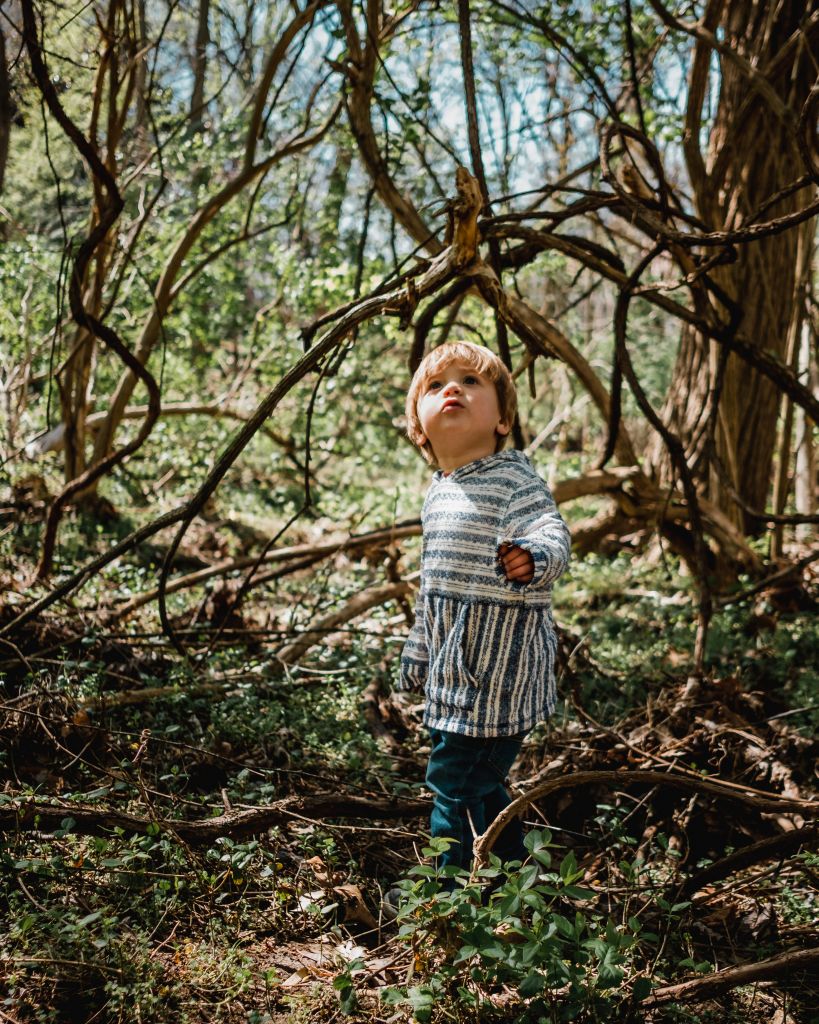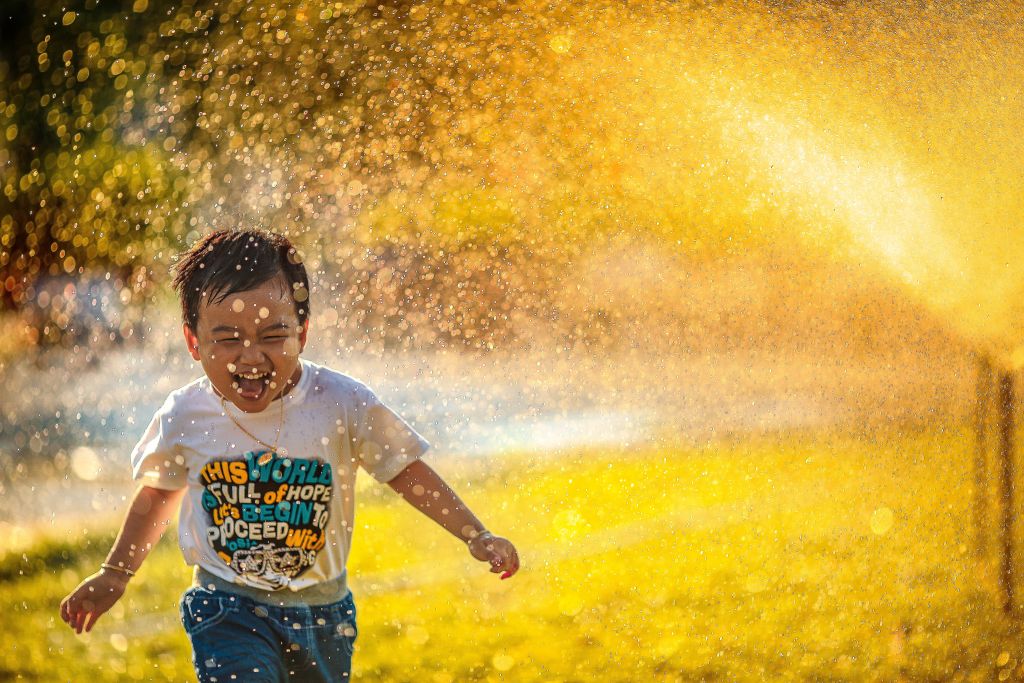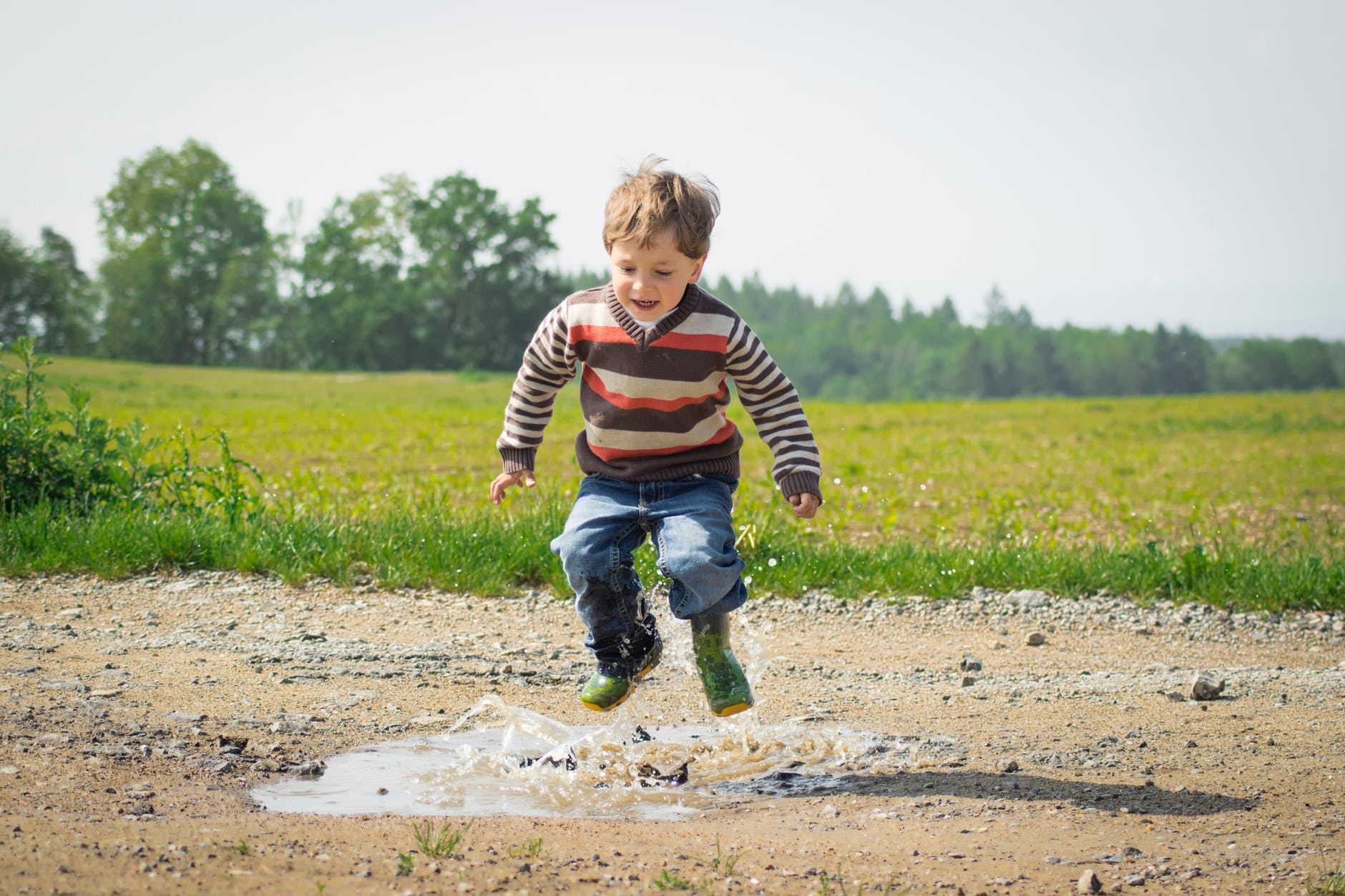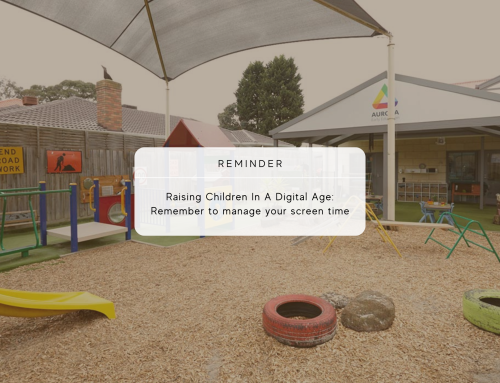By Aurora Educators.
The International Journal of Environmental Research and Public Health states that children need ‘risky play’. Risky play includes activities like climbing trees and jumping from a reasonable heights, riding bikes fast, playing near water, skating and exploring without active adult interference.

According to The Journal, children who are involved in risk taking play experiences improve their reaction time in detecting risks, increase their self esteem and competence and are less likely to take unnecessary or dangerous risks when they are older.
If you are a particularly protective parent or have come from a background or culture where it is not common to allow children to roam and explore their environments without parental guidance, support and supervision, it can be difficult to understand the thinking behind the concept of ‘Risky Play’. As a society, it seems we are fixated on extraordinarily rare events; we imagine our child getting seriously injured, encountering strangers or suffering emotional or social isolation or abuse from peer groups. However, children don’t develop resilience without encountering difficulties, getting a little hurt or confused and then learning to get back up again.
It’s all about letting your child self-direct their play (especially outdoor play) and explore their own limits. If your child does get hurt, it often indicates that they were testing their limits, which is not necessarily a negative thing. As children grow up, they need to know that their caregivers have confidence in them. By not allowing children to attempt things on their own, parents may end up communicating a sense of mistrust, which a child might then internalise and may affect their future attitudes and behaviors.

Parents of young children today have a big responsibility. If a majority of them adopt a risk averse stance, the children may be very likely to grow up leading sedentary lifestyles, believing it is safer to be indoors. However, to help our children establish a strong sense of self, determination and gain the courage to succeed,caregivers need to support children to develop strategies to cope with possible danger, challenges and come to terms with the idea that some situations are out of their control.
Have a trip to Aurora Early Child Education Centres:





